Introduction
If you are struggling with debt, you are not alone. Millions of people all over the world are dealing with the same thing. Now, the good news here is that you can get away from debt. Whether you’re facing credit card debt or maybe the student loan debt, whatever the form it has taken, there is bound to be a way through. This article reviews the top 10 ways to get out of debt. Each of these strategies is stated with realistic examples and reasons why they are useful.
1. Create a Realistic Budget
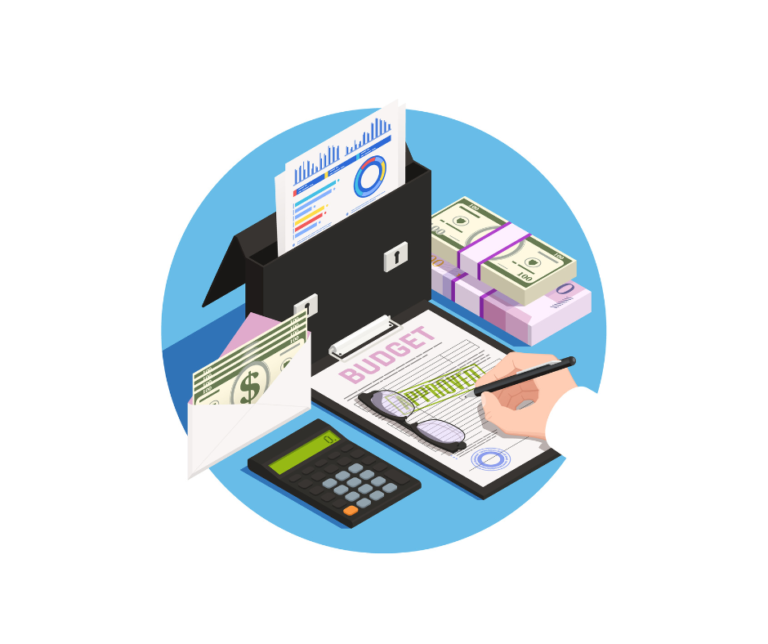
How: The best way to get out of debt is knowing how much you are making and exactly how much you are spending. A line-by- line budget will show every single dollar that one spends on a monthly basis. Categorizing every expense can be helpful in knowing where the cuts need to be made so it can send more money your way for paying off these debts.
Reason: This will help you stay on track and avoid unnecessary spending, which is critical when trying to pay off debt.
Example: If you are spending $200 on dining out each month, cutting that expense in half and using the savings to pay down your credit card balance can accelerate your debt payoff.
2. Use the Debt Snowball Method
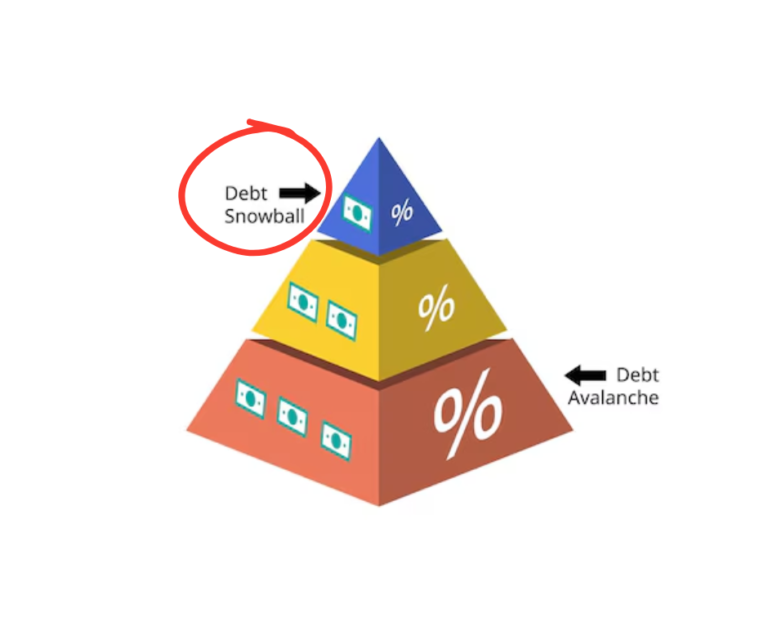
How: The Debt Snowball method is to pay the smallest debts first in order to get out of debt while paying only enough on the biggest ones. Once you have cleared off the smallest, then the next smallest, and so on.
Reason: The snowball method builds momentum from quick wins, giving one motivation to keep on doing the same thing.
Example: If you have three debts—$500, $1,000, and $3,000—start by paying the $500 debt. When that is paid, take the money you were putting toward paying that debt and apply it to the $1,000 debt.
3. Try the Debt Avalanche Method

How: Pay the debt with the highest interest rate first. The quicker you get out of debt, the more money you save over time in interest. When you have cleared that one, move to the next one with the highest interest rate.
Reason: It helps to reduce as much interest as you pay to get rid of the debt.
Example: If you have a credit card carrying 18% interest with $500 and another carrying 10% interest with $1,000, it makes sense to pay off the latter first.
4. Consolidate Your Debt
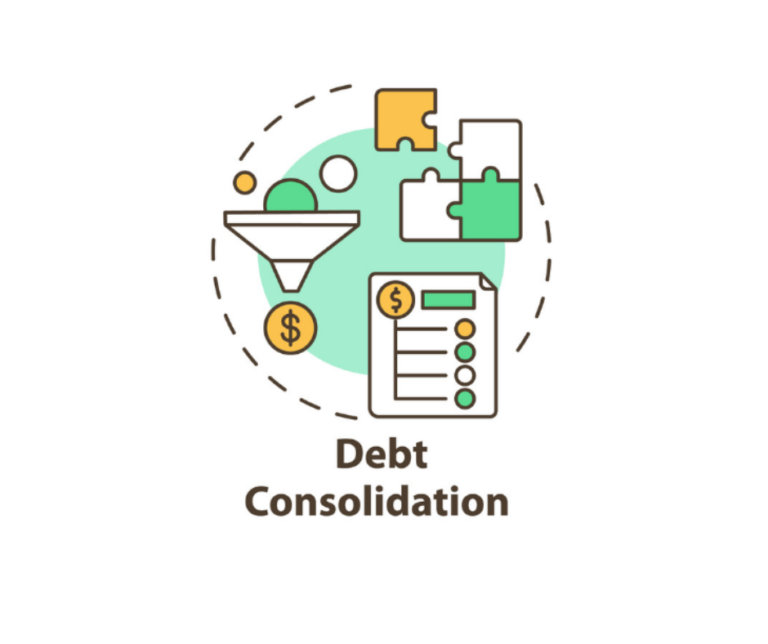
How: It is the collection of all your debts into a single loan with one monthly payment to help you get out of debt more efficiently. This can be achieved through a personal loan, balance transfer credit card, or debt consolidation program.
Reason: It simplifies your debt repayment process, often at a lower interest rate, making it easier to track and manage.
Example: You might rollover a number of balances on credit cards to another credit card that offers a 0% interest offer for 12 months in order to save on paying the interest for that year.
5. Negotiate Your Debt
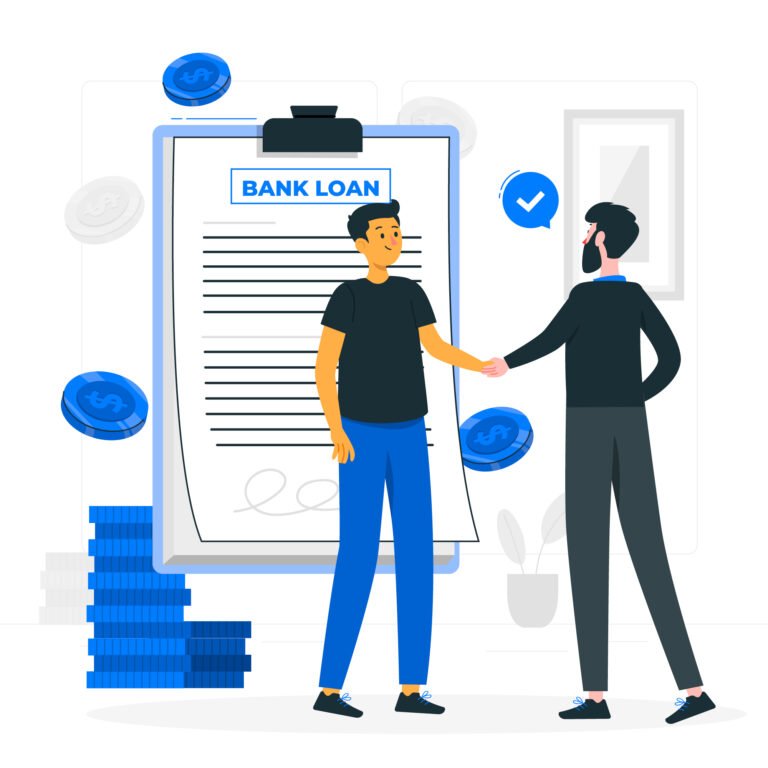
How: Reaching out to your creditors for you to explain the situation in your attempt to get out of debt. A creditor may compromise by giving a reduced rate or paying an agreed– upon sum with some explanations over financial distress.
Reason: It can make getting a good deal possible on behalf of debtors; that way, their debt is eased, making it much easier to settle the balances.
Example: You can negotiate with your lender to get a 15% reduction in your $5,000 debt.
6. Earn Extra Income
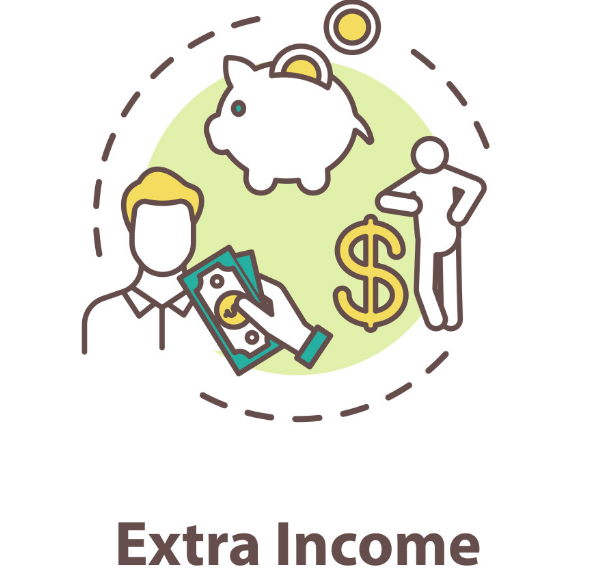
How: A part-time job, freelancing, or selling unwanted items will get you out of debt faster. Any additional income will be applied directly to debt.
Reason: The more money you have, the more you’ll have to pay off debt to get out of debt quicker.
Example: If you freelance and earn an extra $500 a month, that money can be applied directly to paying off high-interest credit card debt.
7. Cut Back on Non-Essential Expenses
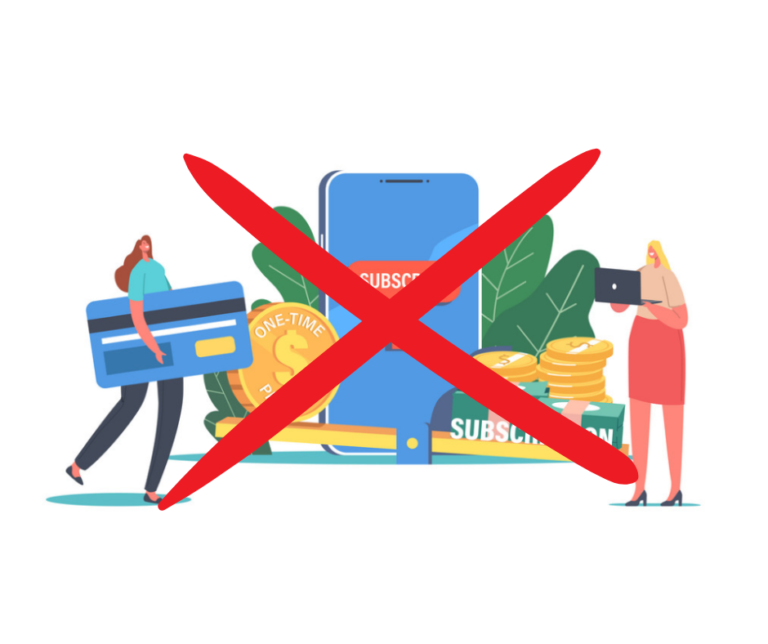
How: Cut all those monthly expenses that waste money to save more and get out of debt faster. This might include cancelling subscription services, eating out less, unsubscribing from memberships, and eliminating other non-essential costs.
Reason: You are saving more money through the reduction of unnecessary expenditure on unnecessary things.
For example: If you eliminate $50 a month on unused streaming services, then that $50 will now be used to pay your debt every month.
8. Seek Professional Help
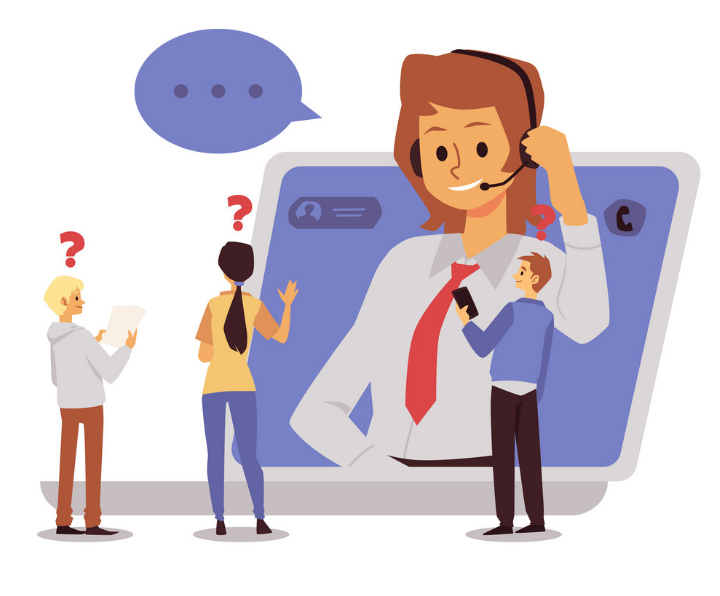
How: For instance, you can seek information from a financial advisor, credit counsellor, or debt management service who can assist in working your way out of the debt trap. These experts can guide you to come up with tailored plans on how you may effectively and successfully get out of debt.
Reason: If you feel trapped with debts, professional advice can bring clarity to your decisions. Experts can help you create a clear plan to get out of debt successfully.
Example: A certified credit counsellor can help in creating a personalized debt repayment plan based on the current situation, and then the goal needs to be achieved.
9. Use Windfalls Wisely
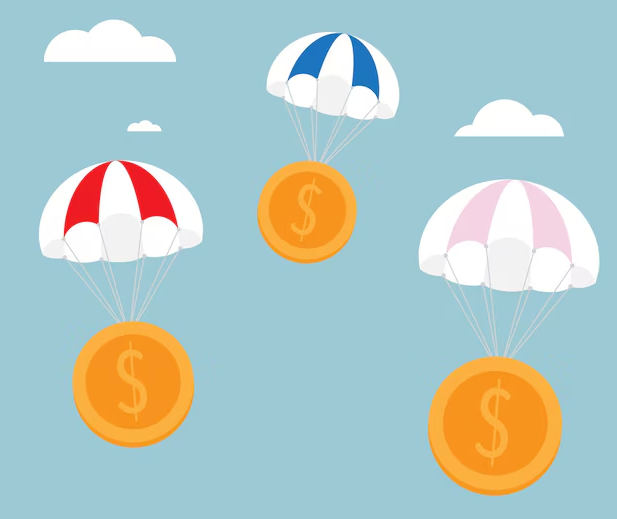
How: When you get surprise chunks of money in the way of tax refunds, bonuses, or gifts—do not squander most of them on unnecessary stuff; instead, pay a major part of it in debts so that you come out of the debt faster.
Reason: It will let you pay off a rather significant chunk of your debt rather fast.
Example: Now suppose you have $1,500 coming back from tax. Then you will be paying as much of this amount in the way of clearing out some part of the credit card debt.
10. Stay Consistent and Patient
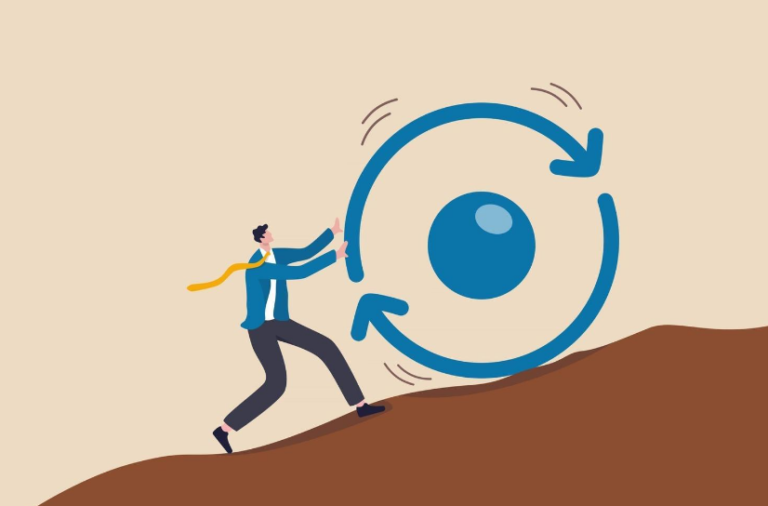
How: First and foremost, consistency is the order of the day when getting rid of debt. Stick by the plan, make routine payments, and avoid piling more debt. Patience in breaking free from debt is highly significant because it does not erase overnight.
Reason: Persuasion and show of discipline are musts if one wants to break all types of debt. It is, however, a journey over a long time.
Example: Even if it sounds tedious, keep paying your monthly repayments. Your efforts will pay off eventually.
Final Thoughts
It is true that getting out of debt can be very tough, but the truth of the matter is that it is doable. The difference is really about which debt repayment method you want to adopt—the debt snowball method, the debt avalanche method, or one of the many others. And, above all, this will only work if you keep your eye on the prize and stick to what you’re doing. Apply these top 10 ways of getting out of debt to enjoy financial freedom and gain good health.
Start today, and do remember every step, no matter how small, brings you closer to the day of being debt–free!
FAQs
How do I know if debt settlement is a good option for me?
- Debt settlement can be helpful if you’re struggling to make your minimum payments, but it’s not suitable for everyone. It typically involves negotiating with creditors to pay less than you owe. However, it can have a negative impact on your credit score, so it should only be considered if you’re unable to manage your debt in other ways.
How do I avoid falling back into debt after I pay it off?
- To avoid falling back into debt, it’s crucial to create and stick to a realistic budget, live within your means, and avoid impulse spending. Building an emergency fund can also provide a financial cushion, so you don’t need to rely on credit cards when unexpected expenses arise.
Can I negotiate my debt for a lower payment?
- Yes, negotiating with creditors is possible, especially if you’re facing financial hardship. Many creditors are open to negotiating lower payments, reduced interest rates, or even settling the debt for a lower amount. Be sure to explain your situation clearly and make sure any new agreement is documented.

Owner of Paisewaise
I’m a friendly finance expert who helps people manage money wisely. I explain budgeting, earning, and investing in a clear, easy-to-understand way.

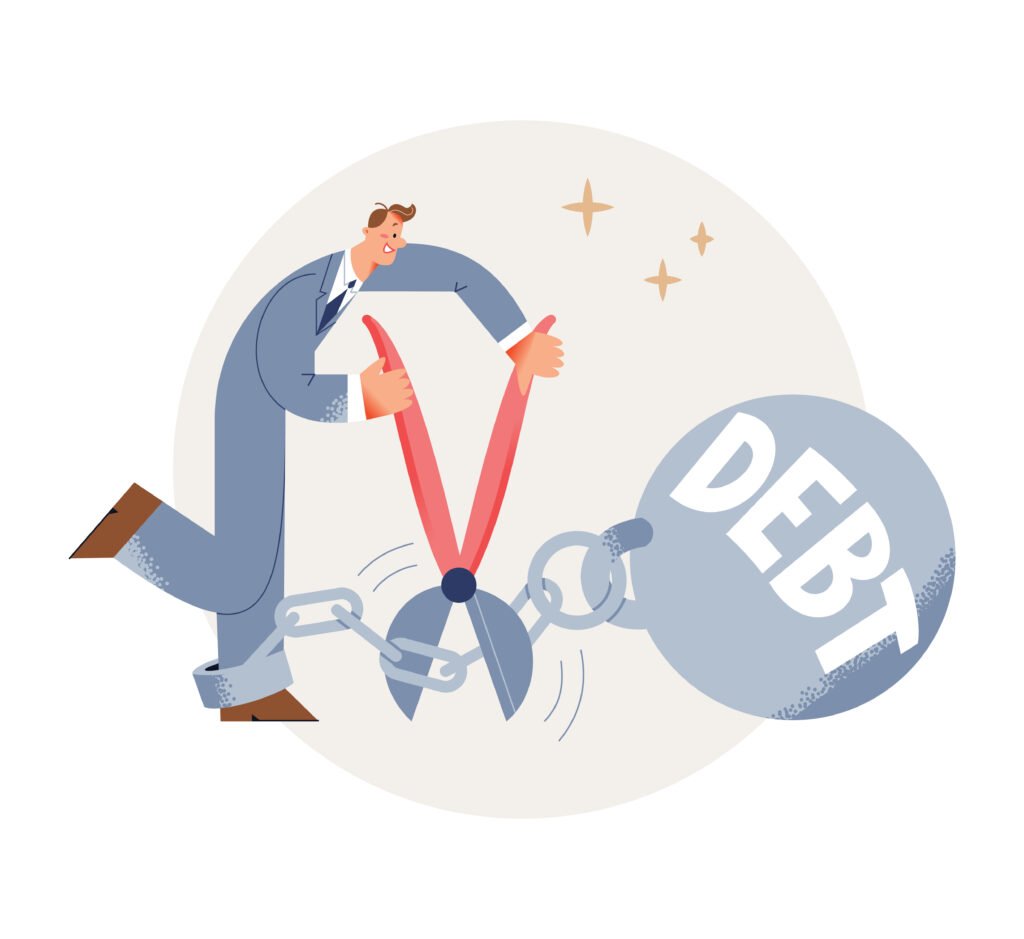
Pingback: 10 Financial Podcasts That Will Change Your Life - Paisewaise
Pingback: What Do Finance Advisors Do? Debunking Common Myths - Paisewaise
Pingback: 10 Money-Saving Resolutions to Kickstart Your New Year - Paisewaise
Pingback: 7 Ways to Eliminate Credit Card Debt Faster - Paisewaise
Pingback: Top 8 Budget Planner Apps for Easy Finances - Paisewaise
Pingback: 10 Things to do with Money this Month - Paisewaise
Pingback: 10 Personal Finance Tips for Beginners - Paisewaise
Pingback: Debt After Degree? The Harsh Reality of Student Loans - Paisewaise
Pingback: What’s the Real Cost of Your College Degree? - Paisewaise
Pingback: How Can I Afford College Without Taking on Too Much Debt? - Paisewaise
Pingback: How to Create a Budget as a College Student? - Paisewaise
Pingback: What Are Title Loans and How Do They - Paisewaise
Pingback: The Art of Personal Finance Management: Master Your Money
Pingback: How to Make a Budget: Step-by-Step Guide
Pingback: How to Create a Monthly Budget on a Low Income
Pingback: 10 Genius Ways to Save Money on Christmas Gifts—#4 Saves a Fortune!